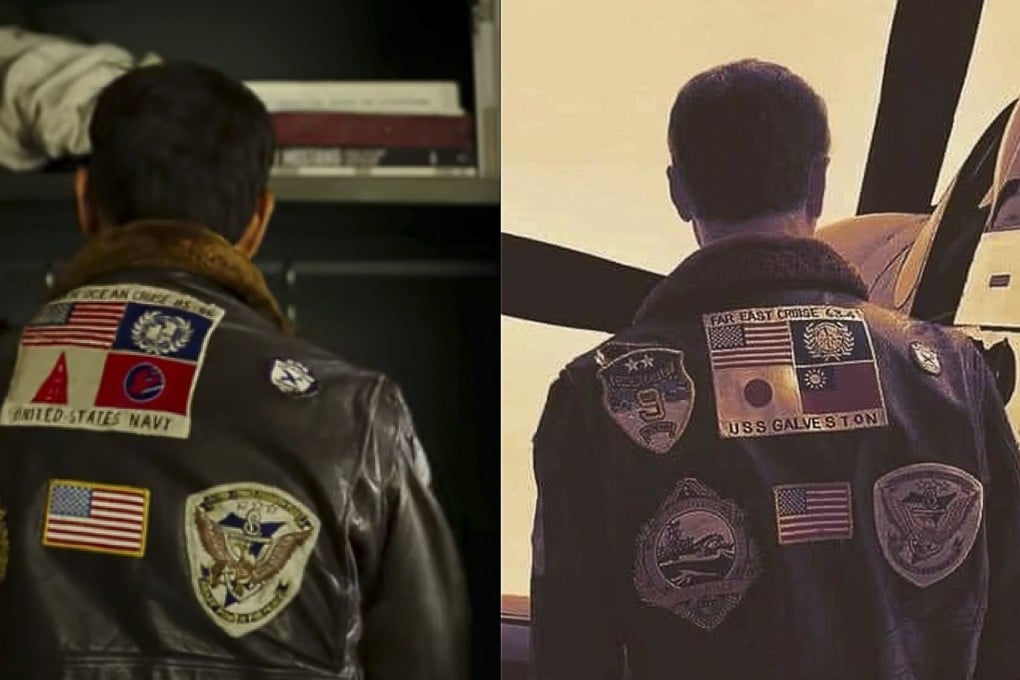Hollywood used to bend over backwards for China. Top Gun: Maverick shows it might not any more
- The long-awaited sequel to the 1986 cult classic initially removed the Taiwanese and Japanese flags from Tom Cruise’s jacket to please Chinese censors
- But as US-China ties soured and Chinese tech giant Tencent pulled its backing amid a US media backlash, the flags mysteriously reappeared

The days of Hollywood executives cosying up to Beijing may be over.
So thinks Erich Schwartzel, author of the book Red Carpet: Hollywood, China, and the Global Battle for Cultural Supremacy, which looks at how Chinese investments in America’s soft-power behemoth have altered the power balance between the two nations.
Realising the gold mine that China’s massive market represents for American films approved for release there, major US studios and filmmakers have bent over backwards to flatter – or avoid offending – the censors in Beijing.

When the movie poster and trailer for the latter were first unveiled in 2019, eagle-eyed viewers noticed that the Taiwanese and Japanese flags on the bomber jacket worn by Tom Cruise’s fighter-pilot character in the original had been removed.